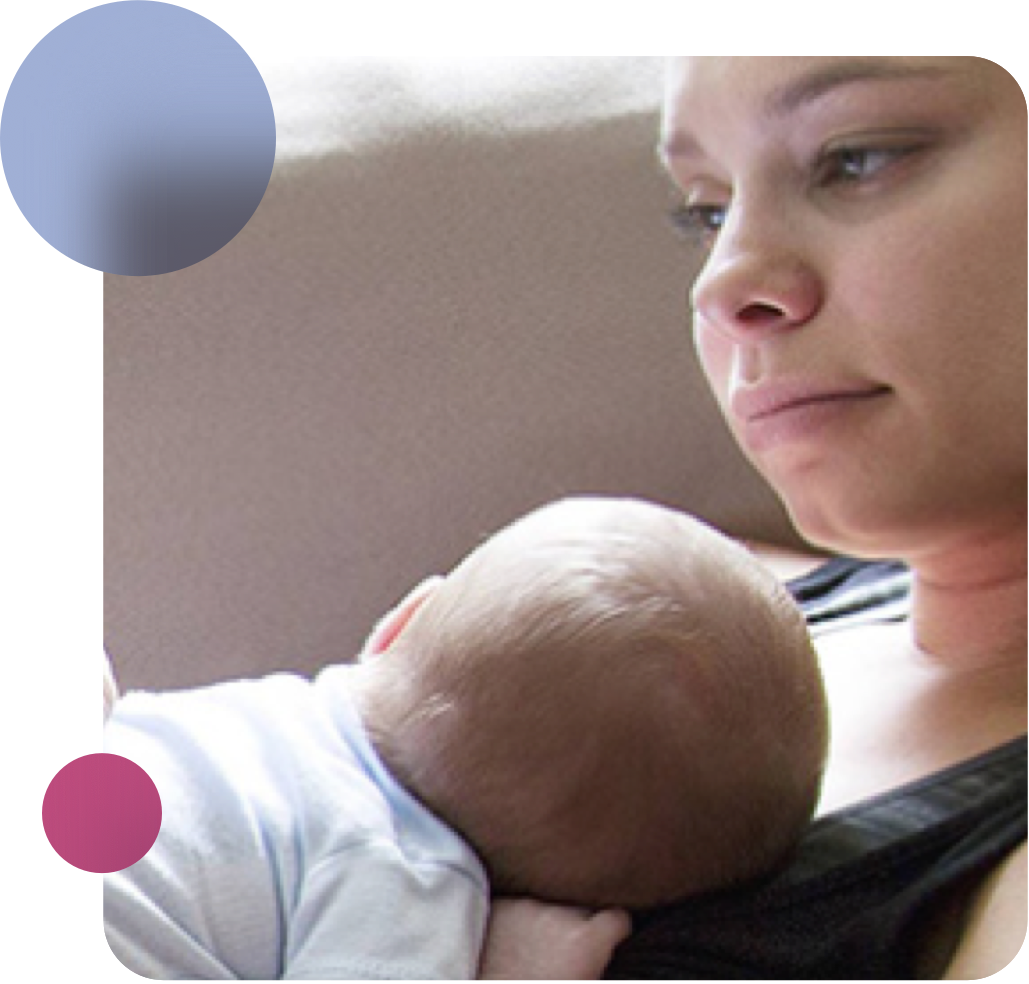IMPORTANT SAFETY
INFORMATION
DO NOT give Acthar to your child until you have talked to your doctor if your child has any of the following conditions:
- Suspected infections at birth (in infants under 2 years of age)
- Has been given or is about to receive a live or live attenuated vaccine
- A skin condition called scleroderma
- Bone density loss or osteoporosis
- Any infections, including fungal, bacterial, or viral
- Eye infections, such as ocular herpes simplex
- Had recent surgery
- Stomach ulcers or a history of stomach ulcers
- Heart failure
- Uncontrolled high blood pressure
- Addison’s disease or Cushing’s syndrome
- Allergies to pig-derived proteins
Tell your doctor about any other health problems that your child has. Give your doctor a complete list of medicines your child is taking, including all prescription and nonprescription medicines, vitamins, and herbal supplements.
What is the most important information I should know about Acthar?
- Never inject Acthar directly into a vein, under your child’s skin, or give it to your child by mouth
- Always inject Acthar into the muscle of your child
- Follow your doctor’s instructions for injecting Acthar
- Never stop treatment suddenly unless your doctor tells you to do so
- Try not to miss any scheduled doctor’s appointments. It is important for the doctor to monitor your child while taking Acthar
- Your child may be more likely to get new infections. Also, old infections may become active. Tell your doctor if you see any signs of an infection. Contact your doctor at the first sign of an infection or fever. Signs of infection are fever, cough, vomiting, or diarrhea. Other signs may be flu or any open cuts or sores
- When taking Acthar long-term, people’s adrenal glands may produce too much of a hormone called cortisol. This can result in symptoms of Cushing’s syndrome. This may cause increased upper body fat, a rounded “moon” face, bruising easily, or muscle weakness
- Sometimes when people stop taking Acthar long-term, their bodies may not produce enough natural cortisol. This is called “adrenal insufficiency.” Your doctor may prescribe a steroid medicine to protect your child until the adrenal gland recovers
- Your child might develop high blood pressure, retain too much salt and water, or have low blood potassium levels. As a result of this, your doctor may recommend some changes to your child’s diet, such as eating less salt or taking certain supplements
- Vaccines may not work well when people are on Acthar. Talk to your doctor about which vaccines are safe to use when your child is taking Acthar
- Acthar may hide symptoms of other diseases. This can make it more difficult for your doctor to make a diagnosis if something else is going on
- Stomach or intestinal problems. Acthar may increase the risk of bleeding and stomach ulcers. Tell your doctor if your child has stomach pains, bloody vomit, bloody or black stools, excessive tiredness, increased thirst, difficulty breathing, or increased heart rate
- Taking Acthar can make people feel irritable or depressed. They may also have mood swings or trouble sleeping. These effects are reversible once Acthar therapy is stopped
- If your child has other conditions, such as diabetes or muscle weakness, you may find they get worse
- Your child might develop certain eye conditions, such as cataracts, glaucoma, or optic nerve damage
- Your child’s body may develop allergies to Acthar; these allergies may be severe. Signs of allergic reaction include:
- Skin rash and itching
- Swelling of the face, tongue, lips, or throat
- Trouble breathing
- The effects of Acthar may be intensified if your child has an underactive thyroid or cirrhosis of the liver
- Long-term Acthar use can affect growth and physical development in children. This can be reversed when Acthar is no longer needed
- Acthar may cause osteoporosis (weak bones)
- Acthar might harm an unborn baby. People should tell their doctor if they are pregnant or plan to become pregnant
What are the most common side effects of Acthar?
Commonly reported side effects of Acthar include:
- Injection site reaction
- Fatigue, physical weakness, and lack of energy
- Fluid retention
- Insomnia (difficulty sleeping)
- Headache
- High blood sugar
The most common side effects for the treatment of infantile spasms (IS) are:
- Increased risk of infections
- Convulsions
- High blood pressure
- Irritability
- Fever
The above side effects may also be seen in adults and children over 2 years of age. Some children with IS progress to other forms of seizures; IS sometimes masks these seizures, which may become visible after treatment for IS has been completed.
These are not all of the possible side effects of Acthar.
Tell your doctor about any side effect that bothers your child, or that does not go away. Call your doctor or pharmacist for medical advice about side effects. You may report side effects to the FDA. Call 1-800-FDA-10881-800-FDA-1088 or visit www.fda.gov/medwatch. You may also report side effects by calling 1-800-844-2830 1-800-844-2830.
Please see full Prescribing Information for additional Important Safety Information.
For parents and caregivers of patients with IS, please also see Medication Guide.





